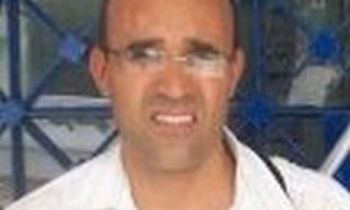PARIS — The end could be near for Libération, the newspaper founded by the philosopher Jean-Paul Sartre and members of the extreme political left.
After years of falling readership and advertising, the paper’s largest shareholder, Edouard de Rothschild, has stopped paying operating costs and, according to Pierre Haski, deputy editor of the newspaper, salaries have been frozen for October. “On Sept. 28, we hit the wall,” Mr. Haski said. “This seems too sad, but it is the reality.”
Desperate for a solution and true to their political roots, the journalists last week proposed that readers help finance the privately held newspaper for a share of ownership.
In June, Mr. Rothschild dismissed the newspaper’s longtime publisher, Serge July, and replaced him. Four of the newspaper’s most prominent journalists, including Florence Aubenas, who was held hostage in Iraq for five months, objected to the change and departed in protest in September.
On Thursday, the staff appealed to both Mr. Rothschild and readers through articles and photos across two pages, plus a blog-style conversation as well as a live chat on the Internet. A 1,700-word article described the situation as unprecedented and appealed to Mr. Rothschild to invest in the paper. The article also assured readers that Mr. Rothschild had not impinged on the editorial content.
“For the first time in our history, we have a shareholder who invested in the newspaper to make money,” Mr. Haski said. “Our previous investors were happy for us to keep the losses to a minimum.”
Mr. Rothschild invested in Libération in early 2005 to build a group in the media sector. In July, he reacted angrily to an opinion piece in Le Monde by a staff member from the early days of Libération who cited Sartre’s statement that “Money does not have ideas.” Mr. Rothschild replied, also in Le Monde: “Libération needs moral, intellectual and financial support. Libération does not need a requiem.” Libération’s audited circulation of 144,480 for 2005 was less than half that of other general-interest national newspapers like Le Monde and Le Figaro.
No investors have come forward, in part, analysts and newspaper executives say, because investors fear the publication may not have evolved financially beyond the 1970’s, when advertising was refused and all employees — from journalists to janitors — received the same salary.
“Foreign investors see the newspaper as an anachronism of the far left,” said Bertrand Pecquerie, director of the World Editors Forum, an organization for senior editors. “The newspaper’s readership has aged from the 1960’s and is now literally dying off.”









